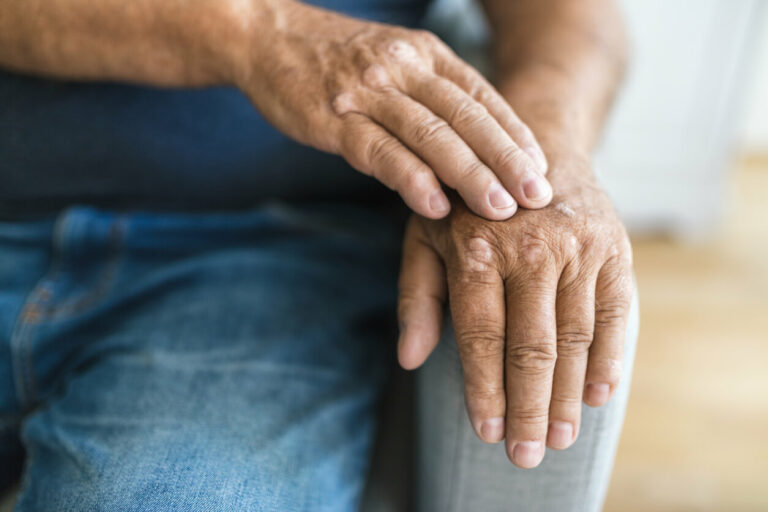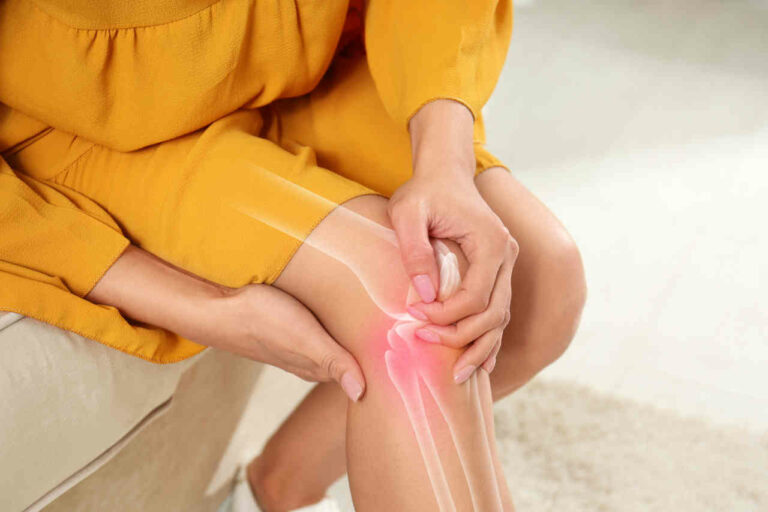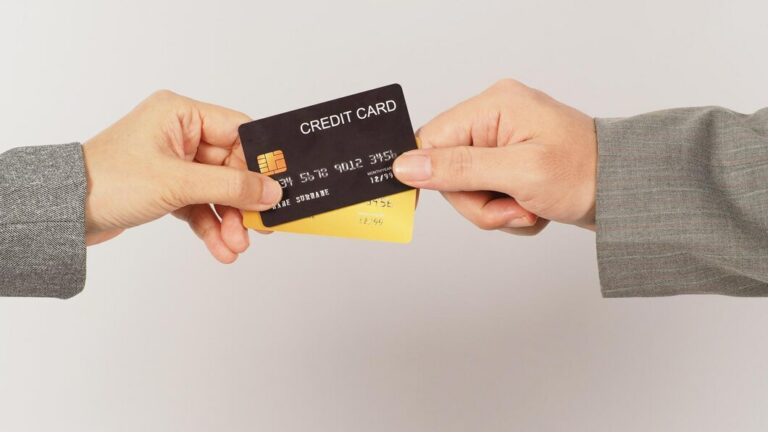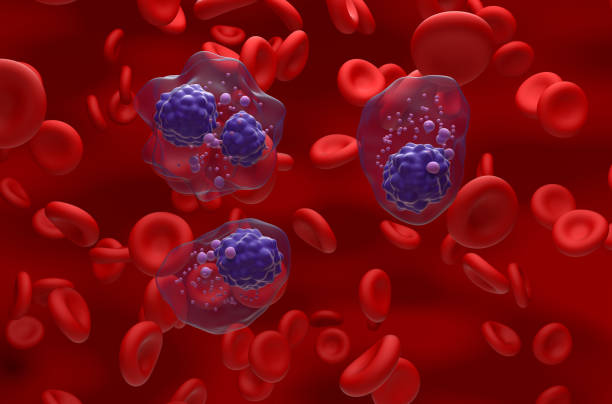Blackheads Treatment: Effective Strategies for Clearer Skin
Blackheads, a common type of acne, occur when pores become clogged with a combination of dead skin cells and excess oil. They appear as small, dark spots on the skin, mainly on the face and particularly around the nose and chin. Treating blackheads effectively requires a combination of proper skincare, lifestyle changes, and, in some cases, professional treatments. This guide provides a detailed overview of blackhead treatments, offering insights into preventive measures and care tips for maintaining clear skin.
Understanding Blackheads
Blackheads, medically known as open comedones, form when the pores on the skin’s surface become clogged. The black appearance is due to the oxidation of melanin in the sebum (skin oil) when exposed to air, not due to dirt.
Over-the-Counter Treatments
Numerous products can help treat and prevent blackheads:
- Salicylic Acid: A beta-hydroxy acid that helps to dissolve skin debris that clogs pores.
- Benzoyl Peroxide: Helps kill bacteria and remove excess oil and dead skin cells.
- Retinoids: Topical vitamin A-based drugs that increase skin cell turnover.
- Exfoliating Scrubs: Physical exfoliants that can help clear clogged pores. Should be used gently to avoid skin irritation.
Professional Treatments
For persistent blackheads, professional treatments can be more effective:
- Chemical Peels: Use strong acids to remove the top layer of skin, helping to clear pores.
- Microdermabrasion: A machine-based exfoliation technique that removes clogged material from pores.
- Laser and Light Therapy: Reduce oil production and kill bacteria, both of which can contribute to blackheads.
Preventive Measures
Prevention is key in managing blackheads:
- Regular Cleansing: Use a gentle cleanser twice a day to remove excess oil and dirt.
- Non-comedogenic Products: Choose makeup and skincare products that do not clog pores.
- Avoid Over-Exfoliating: Over-scrubbing can irritate the skin and worsen acne.
- Balanced Diet: Maintain a healthy diet and stay hydrated.
Home Remedies
Some home remedies may help to manage blackheads:
- Clay Masks: Natural clays can help to absorb skin oils and reduce blackheads.
- Tea Tree Oil: Known for its antibacterial properties, can be diluted and applied to the skin.
- Steam: Helps open pores, making it easier to remove blackheads during cleansing.
When to See a Dermatologist
Consult a dermatologist if:
- Over-the-counter treatments are not effective.
- Blackheads are accompanied by other forms of acne like cysts.
- You have significant skin irritation or frequent breakouts.
Skincare Routine for Blackhead-Prone Skin
A consistent skincare routine can help manage and prevent blackheads:
- Gentle Cleansing: Avoid harsh cleansers that can strip natural oils.
- Regular Exfoliation: Helps remove dead skin cells that can clog pores.
- Moisturize: Use an oil-free moisturizer to keep skin balanced.
Conclusion
Managing blackheads involves a combination of proper skincare, lifestyle adjustments, and sometimes professional treatments. By understanding the nature of blackheads and following a consistent skincare routine, it’s possible to minimize their appearance and maintain clearer, healthier skin. For persistent or severe cases, seeking advice from a dermatologist is recommended to find the most effective treatment.







